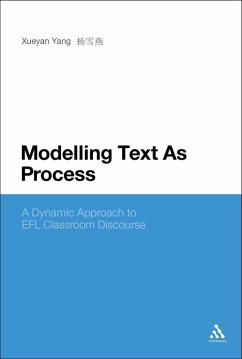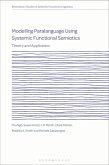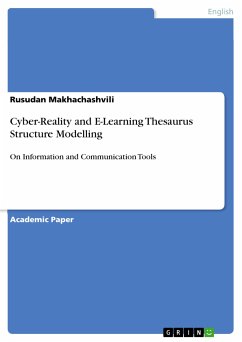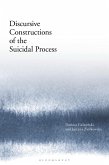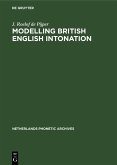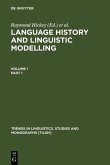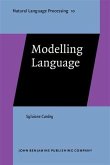A discourse analysis that is not based on grammar is likely to end up as a running commentary on a text, whereas a grammar-based one tends to treat text as a finished product rather than an on-going process.
This book offers an approach to discourse analysis that is both grammar-based and oriented towards text as process. It proposes a model called TEXT TYPE within the framework of Hallidayan systemic-functional linguistics, which views grammatical choices in a text not as elements that combine to form a clause structure, but as semantic features that link successive clauses into an unfolding phase. It then demonstrates the model in actual analyses of 10 texts transcribed from 10 class hours' audio-recorded EFL classroom discourse, which in turn leads to the establishment of a dynamic system network that can be applied to future analyses of the process of EFL classroom discourse.
The book also uncovers interesting details about EFL classroom teaching and learning in the Chinese context, including variations in the classroom environment, features of the interaction process, and discourse strategies of the teachers and students. It will be essential reading for academics and postgraduates working in the fields of discourse analysis, second language acquisition and systemic functional linguistics.
This book offers an approach to discourse analysis that is both grammar-based and oriented towards text as process. It proposes a model called TEXT TYPE within the framework of Hallidayan systemic-functional linguistics, which views grammatical choices in a text not as elements that combine to form a clause structure, but as semantic features that link successive clauses into an unfolding phase. It then demonstrates the model in actual analyses of 10 texts transcribed from 10 class hours' audio-recorded EFL classroom discourse, which in turn leads to the establishment of a dynamic system network that can be applied to future analyses of the process of EFL classroom discourse.
The book also uncovers interesting details about EFL classroom teaching and learning in the Chinese context, including variations in the classroom environment, features of the interaction process, and discourse strategies of the teachers and students. It will be essential reading for academics and postgraduates working in the fields of discourse analysis, second language acquisition and systemic functional linguistics.

